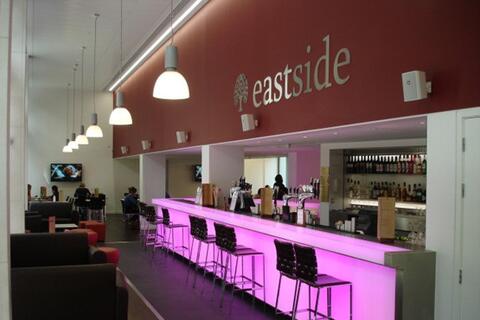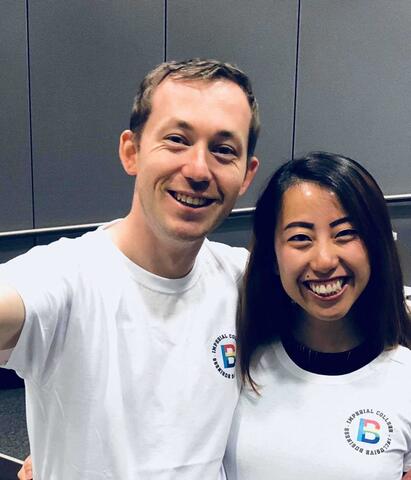Benefits of coaching as a leadership style
By Frans Campher
It is 2005 and the chief operating officer of Delta Airlines, Jim Whitehurst, is in Atlanta airport at an impromptu meeting with several hundred of his mechanics. Delta has just filed for federal bankruptcy protection and is in a race against time to avoid collapse. Staff are fearful for their futures. Whitehurst is the self-styled ‘guy with the binders’: renowned for being on top of the data and with an answer to everything. But today he hasn’t been able to plan what to say.
Whitehurst realises that candour is his only option. He talks in detail about the company’s situation and then invites comments from the room. To his surprise, the mechanics ask questions, not about pay cuts, but about the turnaround plan and how they could help. In the following days, word spreads around the company about Whitehurst’s candour and similar meetings with staff are repeated throughout the turnaround process. In a short time, Delta rises to the top of service reliability rankings because staff own the problem and take accountability.
Whitehurst credits this experience for causing a fundamental shift in his leadership approach.
He realised that great leaders don’t need to have all the answers. What great leaders do is lead the conversation, pose the right questions and create a culture where everyone in an organisation is empowered to discover solutions.
This shift in mindset led to him building upon the open leadership framework which he encountered at tech company Red Hat, recently sold to IBM for USD $34bn. You can hear Whitehurst tell his leadership story in his TED talk. You may also wish to read his book called The Open Organization: Igniting Passion and Performance.
Whitehurst developed what I like to call a coaching mindset. I believe this mindset is vital for leaders today who are facing increasing complexity, ambiguity, and demands on their time. In our age of rapidly shifting business models and digital transformation, it is simply impossible to maintain a rigid command-and-control leadership style. Leaders must multiply their impact by engaging and empowering others.
From almost sixteen years of leadership development practice, I know that adopting a coaching mindset isn’t easy for executives. Executives can fear relinquishing control and this fear can have a paralysing effect on organisations. I often meet executives who are stressed and not performing effectively because they are trying to do the jobs of their direct reports as well as their own. They are directing and managing rather than leading and neither the executive nor their team is doing their best work. I work with the executive to help them adopt a coaching mindset so they can expand from being managers who organise to leaders who inspire. I work with them to set vision and objectives which create accountability but also space and conditions for people to grow, develop and be creative.
When discussing the coaching mindset, I often point my clients to Benjamin Zander’s reflections on his role as an orchestra conductor in his wonderful TED talk:
``The conductor doesn't make a sound. He depends, for his power, on his ability to make other people powerful… I realised my job was to awaken possibility in other people. And of course, I wanted to know whether I was doing that. How do you find out? You look at their eyes. If their eyes are shining, you know you're doing it.``
For Zander, great conductors don’t have to be the centre of attention. They don’t even have to make a sound. But if they awaken possibility in other people they are still powerful. This message for me beautifully encapsulates great leadership.
Perhaps you have been on your own leadership journey or there are leaders who have influenced you? What do you think makes a great leader? I would love to hear from you.
Frans Campher is a leadership development coach and the founder and CEO of Integral Leadership Dynamics. He is Associate Faculty at Imperial Business School and Co-Director of the Leadership in a Technology Driven World executive education programme.


